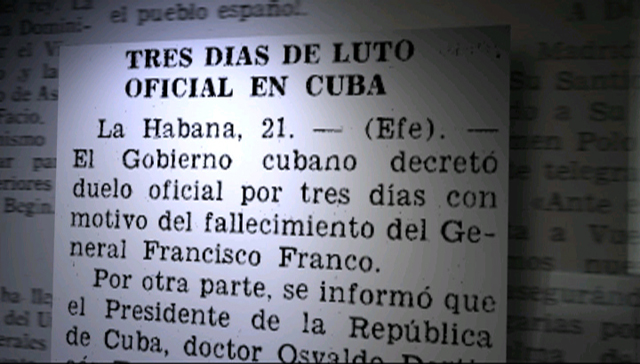The Franco regime’s contradiction: Its foreign policy toward Cuba
HOSODA Haruko
Abstract
This study aims to investigate why the Spanish regime under Francisco Franco (1939-1975) and the Cuban regime under Fidel Castro (1959-2008) maintained diplomatic relations given their opposing ideologies; This is significant, since the Franco regime was internationally isolated after WWII, however it could survive due to its anticommunist stance hence it received U.S. military and economic assistance. The study focuses on Spanish foreign policy toward Cuba, taking into consideration how Spain was able to“ utilize” this contradictory position.
First, Franco pleased great attention on maintaining relations with Cuba. Specifically, he felt that Spain’s honor, damaged by the American-Spanish war, had been recovered in proxy by Cuba. Additionally, Franco and Castro shared common values in terms of their morals and patriotism. Second, Spanish elites believed that Spain required a“ peculiar” policy that would establish its status as a“ middle power of an influential state” in a particular region and enable it to distance itself from the Cold War. In addition, it was thought that Spain, although shut out of much of European diplomacy because of nondemocratic and anticommunist regime, could still play a role as an“ intermediary” between the Occidental World and Latin America, especially between the U.S. and Cuba, without requiring a change to the Spanish regime.


 2Víctor
2Víctor LinkBack URL
LinkBack URL About LinkBacks
About LinkBacks




 Citar
Citar


Marcadores